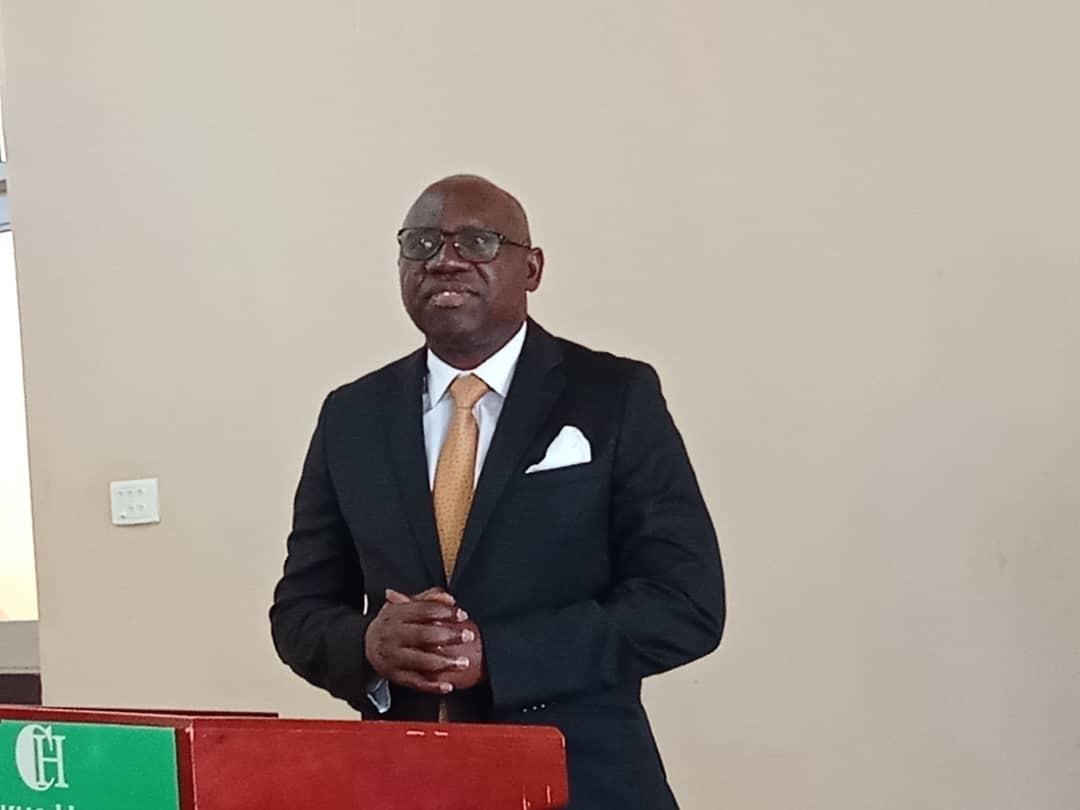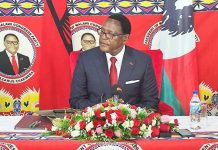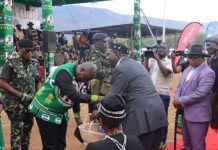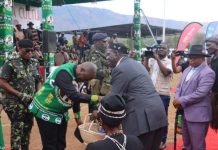Africa-Press – Malawi. A major step toward strengthening Malawi’s food security is underway in Kasungu, where the Lilongwe University of Agriculture and Natural Resources (LUANAR), in partnership with the Norwegian University of Life Sciences (NMBU), is training frontline agricultural officers and lead farmers in food systems governance.
The week-long training, running from 17–21 November 2025, brings together Assistant Agricultural Development Coordinators (Deputy AEDCs) and lead farmers from across the Kasungu Agriculture Development Division (ADD). The goal is clear: equip those closest to the field with the knowledge and tools needed to govern, manage, and sustain Malawi’s food systems amid climate pressures and rising agricultural challenges.
Speaking during the official opening, LUANAR Vice Chancellor Professor Emmanuel Kaunda described the training as a critical component of the broader Food Systems in Malawi (FoodMa) programme, which focuses on capacity-building and ensuring the long-term sustainability of innovations emerging from the project.
“Governance in food systems is extremely important, especially now with climate change,” Kaunda said.
“Farmers are struggling because of rapid environmental shifts. We must empower those supporting them with the ability to respond and adapt quickly. Only then can Malawi build a resilient and sustainable food future.”
Professor Kaunda underscored that effective food systems governance requires coordination among farmers, extension workers, policymakers, and markets—an ecosystem where each actor understands their role in ensuring stable, nutritious, and affordable food supplies.
Division Crops Officer for Kasungu ADD, Lydia Mkandawire, applauded LUANAR and NMBU for prioritising capacity development for front-line workers—those who work directly with farmers daily.
“A food system begins with the farmer,” Mkandawire noted.
“For it to function properly, our front-liners must understand every stage—from production to consumption, processing, and marketing. This training will help them balance the system and support farmers more effectively.”
The training has drawn nearly 60 frontline staff from Dowa, Ntchisi, Kasungu, and Mchinji districts. Participants are expected to take the newly gained knowledge back to their respective communities, helping strengthen decision-making, climate adaptation, and innovation adoption across Malawi’s agricultural sector.
With climate change escalating and pressure mounting on Malawi’s food supply, the partnership between LUANAR and NMBU positions frontline extension workers at the heart of a renewed, more coordinated, and more resilient food system.
For More News And Analysis About Malawi Follow Africa-Press






